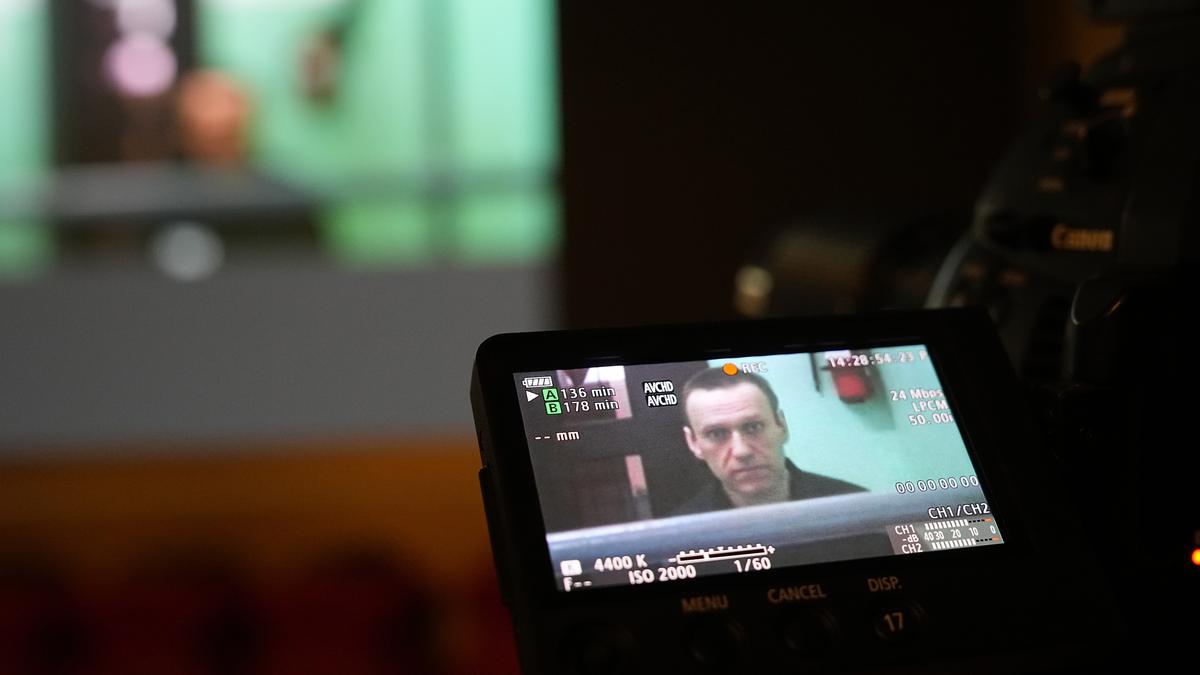
In a recent legal development, Russia’s highest court has ruled against Alexei Navalny’s lawsuit concerning the deprivation of pen and paper during his imprisonment. This decision has sparked significant debates and raised concerns about the treatment of political prisoners in the country. In this article, we will delve into the details of the case, analyze the implications of the court’s ruling, and explore the broader context of political opposition in Russia.
The Lawsuit and its Significance
Alexei Navalny, a prominent Russian opposition figure and anti-corruption activist, filed a lawsuit against the authorities for denying him access to basic writing materials while serving his prison sentence. Navalny argued that this restriction violated his rights and hindered his ability to communicate and maintain contact with the outside world. However, Russia’s highest court, known as the Constitutional Court, ruled against him, deeming the denial of writing materials as lawful within the prison system.
The court’s decision has garnered significant attention both domestically and internationally. Critics argue that it demonstrates the Russian government’s increasing suppression of political dissent and opposition voices. They assert that depriving individuals of basic writing tools is a deliberate attempt to isolate and silence political prisoners, hindering their ability to communicate their ideas, concerns, and grievances.
Implications for Political Prisoners
Navalny’s case is not an isolated incident but rather part of a broader pattern concerning political prisoners in Russia. Many individuals who express dissenting opinions or engage in activism find themselves facing legal repercussions and imprisonment. The denial of writing materials is just one aspect of the challenges faced by these prisoners, further highlighting the limitations on their freedom of expression and communication.
By restricting access to writing materials, the authorities aim to undermine the influence and impact of political prisoners. These individuals often have significant followings and can leverage their words to galvanize support or shed light on government abuses. By silencing their voices, the government hopes to diminish their influence and discourage others from speaking out against the regime.
Concerns about Human Rights
The Constitutional Court’s ruling has raised concerns among human rights organizations and activists worldwide. They argue that the denial of writing materials infringes upon an individual’s right to freedom of expression, which is protected under international human rights standards. By stifling dissent and limiting communication channels, the Russian government is seen as undermining the principles of democracy and human rights.
Furthermore, the treatment of political prisoners in Russia has drawn attention to the broader issues of prison conditions and fair trials. Reports of inadequate healthcare, mistreatment, and torture have surfaced, further exacerbating concerns about the state of human rights in the country. Critics argue that these conditions are deliberate tactics used to suppress political opposition and maintain control over the population.
The Role of International Pressure
As the ruling on Navalny’s lawsuit sparks controversy, international pressure mounts on the Russian government to address human rights concerns. Various governments, organizations, and public figures have condemned the treatment of political prisoners and called for their fair treatment and release. Sanctions have been imposed, diplomatic actions have been taken, and awareness campaigns have been launched to shed light on these issues.
However, the Russian government has maintained a defensive stance, dismissing allegations of human rights abuses as interference in its internal affairs. It argues that its legal system upholds the rule of law and that prisoners are treated fairly within the confines of the law. This position has resulted in strained relationships with other countries and organizations, leading to diplomatic tensions and a deteriorating international image.
